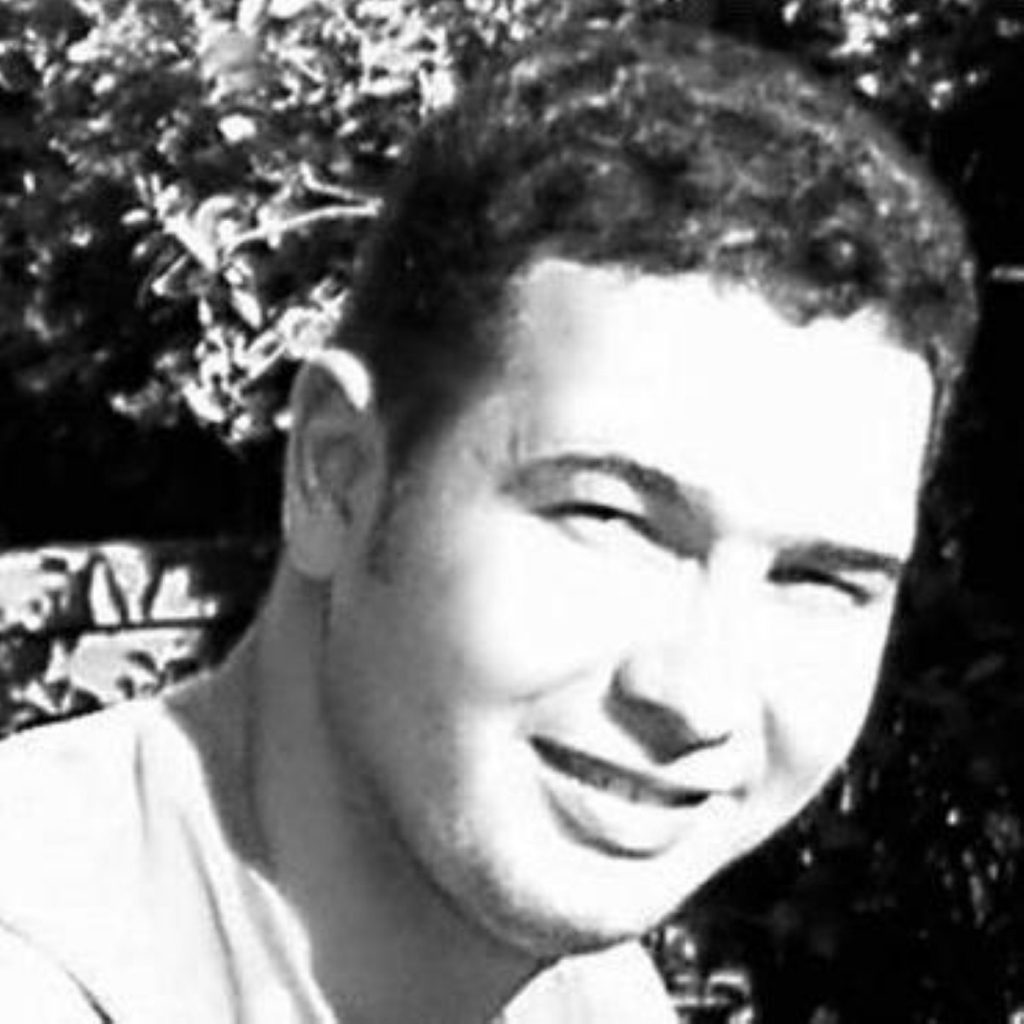Jean Charles de Menezes case could spark new human rights battle
The family of Jean Charles de Menezes, the Brazilian electrician shot dead by British police in the aftermath of the London bombings, will take their case to the European Court of Human Rights next week.
The legal battle could prove explosive given the tense standoff between human rights defenders and the government in Westminster.
The family were left with few options but to go to Strasbourg after a succession of British legal avenues were closed off to them.
The Crown Prosecution Service (CPS) decided no individuals should be prosecuted over the shooting and an application for judicial review of the decision was rejected.


The family's legal team will argue that the CPS decision not to bring a prosecution is incompatible with Article 2 of the European Convention of Human Rights (ECHR), which guarantees the right to life.
Under CPS rules, an assessment that there is a less than 50% chance of conviction is enough to rule out prosecutions.
They will also argue that the test relating to whether police officers acted in self-defence should be amended so that it is not just an honest belief but also a reasonable one.
De Menezes was killed after a series of police errors saw him followed onto the Tube by two members of the CO19 elite armed unit. The officers, who believed De Menezes to be a suicide bomber, opened fire at point blank range while pinning him to the seat of the underground train, killing him instantly.
The family will argue that there was sufficient evidence for a conviction for murder or gross negligence manslaughter for a number of police officers, including the two who shot him and senior officers in command of the operation.
"For ten years our family has been campaigning for justice for Jean because we believe that police officers should have been held to account for his killing," his cousin, Patricia Armani da Silva, said.
"Jean's death is a pain that never goes away for us. Nothing can bring him back but we hope that this legal challenge will change the law so that so no other family has to face what we did."
Campaigners for greater scrutiny of deaths at the hands of police will also be attending the hearing on Wednesday, as they push for a change in the way the UK responds to deaths at the hands of authorities.
"A democratic society needs a criminal justice system that ensures scrutiny and accountability of the police and ensures that prosecutions for human rights violations are brought in appropriate cases," Deborah Coles, co-director of Inquest, said.
"Public confidence in the police is fundamental to democratic policing and must not be undermined by any suggestion that the rule of law does not apply equally to all citizens including those in uniform."
Inquest says investigations by the Independent Police Complaints Commission (IPCC) and the CPS begin by treating the death as "anything other than a potential homicide", thereby fostering a culture of impunity.
There has never been a successful prosecution for manslaughter or murder in any of these cases in the UK, even where an inquest jury has returned a finding of 'unlawful killing'.
Despite the overwhelming public sympathy for De Menezes, the case comes at a pivotal moment in the debate over the role of the Strasbourg court in British law.
A finding which forced the CPS to reconsider its benchmarks for prosecutions might spark a wave of backbench Tory resentment at perceived interference with UK legal standards.
Although critics of the ECHR say Strasbourg acts as the supreme court in British law, the reality is more nuanced. If it finds Britain to be in breach of Article 2, it will ultimately be up to parliament, not the courts, to vote on a measure which addresses Strasbourg's concerns.
During PMQs yesterday, David Cameron once again raised the prospect of pulling out of the ECHR if Michael Gove cannot secure the changes he wants over European human rights law.
Asked if withdrawal was still an option by potential backbench rebel Andrew Mitchell, Cameron answered: "I rule out absolutely nothing in getting that done."

